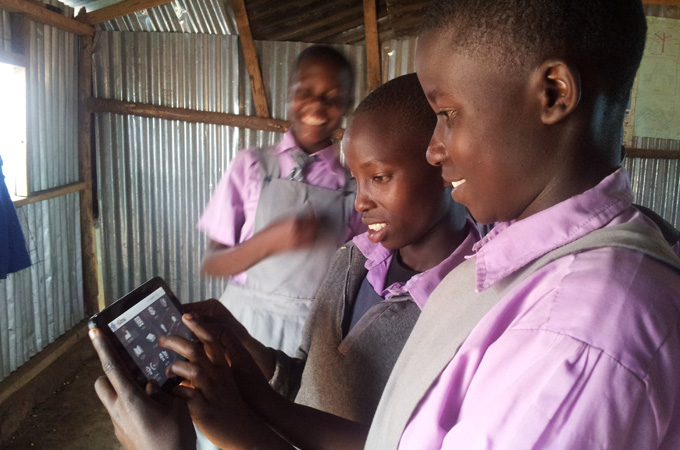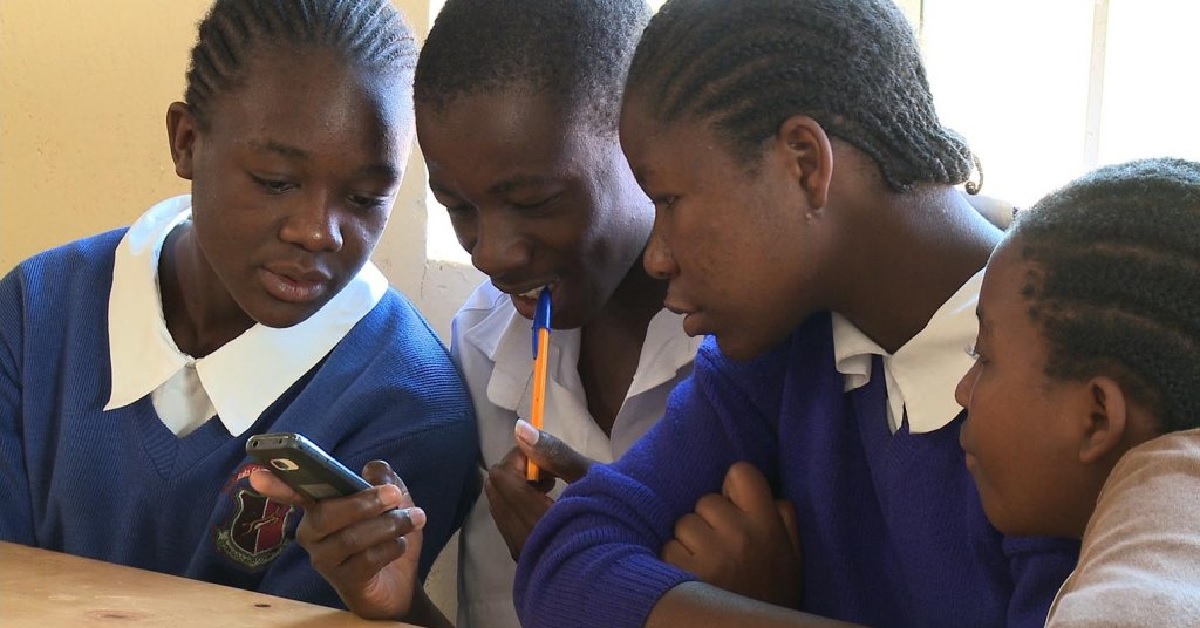Finding from ID insights and Rising Academy Network phone surveys of students’ caregivers to understand families remote learning preferences and needs has discovered that “In Sierra Leone Ghana, and Libera only 13% of families have a working smartphone with data that their child can use for learning.”
EdTech-based remote learning in West Africa is leaving students behind. Last Year ID insight collected data from 3,000 households to understand the impact of school closures and how to best ac liver remote learning. According to the survey, only 26% of families have a smartphone or basic handset with charge and signals so that their children can use.

All three countries in the study towards the end of the 2020-21 school year reported high attendance and low dropouts’ rates, 96.8% of children enrolled attended school 5 times per week, with dropout rates across the survey samples being as low as 2.9%.
During school closure, 48% of students attended private lessons and 12% did not engage in any learning activities. When not learning, students spend time doing household chores, though girls are most likely to do household chores, while boys are likely spending time playing the survey reveals.
The research shows that technology-based remote learning tools are most likely to reach most students in West Africa. While EdTech can be very effective at supporting learning, these resources are not widely available to students in West Africa.
According to Awoko Newspaper, smartphone ownership varies across countries and demographic groups but is generally low; about 1 in 4 families own smartphone. But even if a family owns a smartphone, it does not mean the smartphone is available to students for remote education. The survey also found out that 1 in 4 phones has something wrong that limits it usage, for example, it’s in bad condition, owners have a hard time charging the phone, or owners lack talk time or data. There are remote barriers to remote learning via smartphone, with one in three caregivers not wanting their child to use the smartphone for schoolwork. So overall, the percentage of families with a working smartphone who are willing to let their children use smartphone for learning activities is only 13%. In Sierra Leone private schools this is higher, around 46% but drops to 6% in Liberia’s government schools. Smartphone-based learning is not a panacea for school closures in West Africa.











